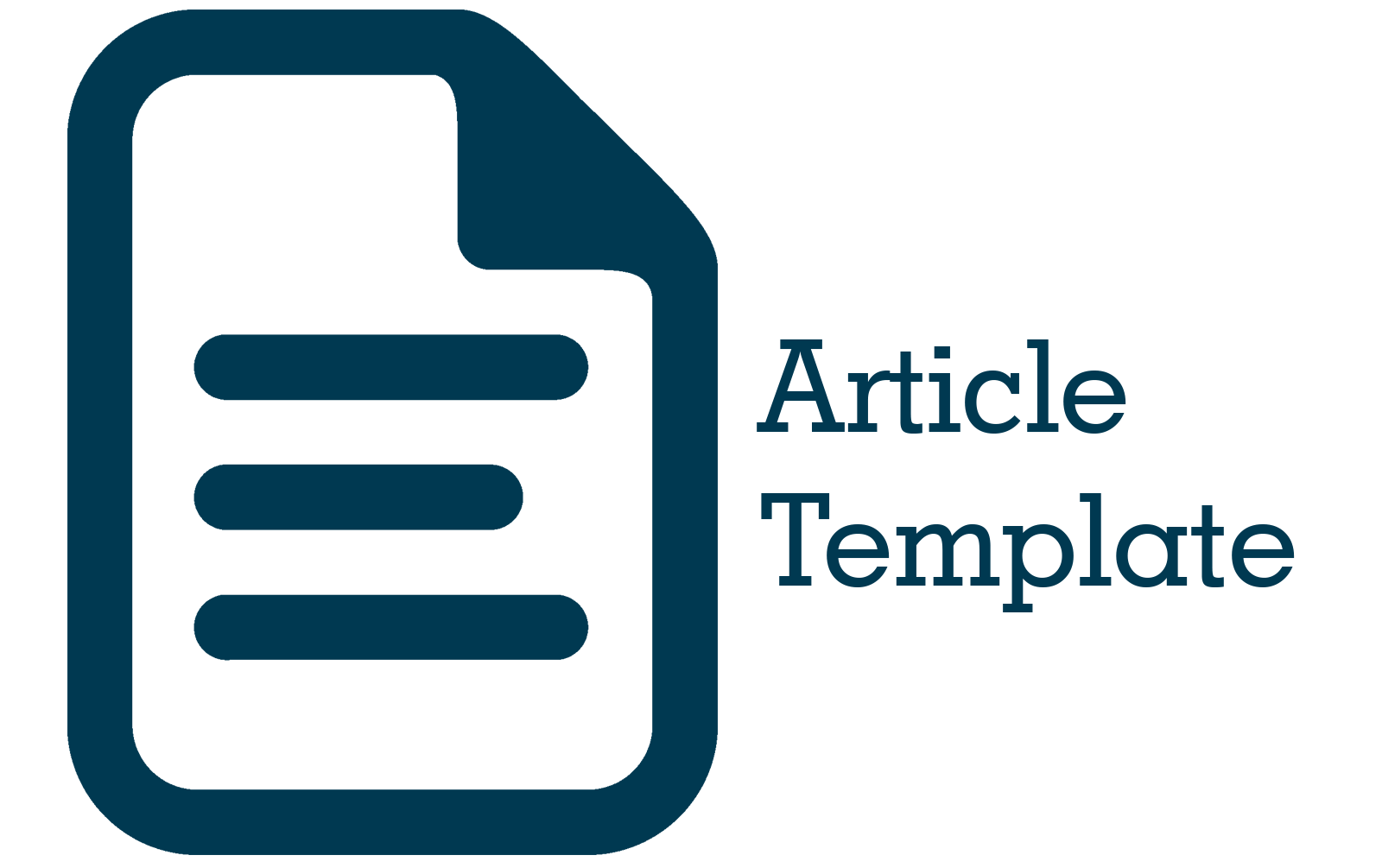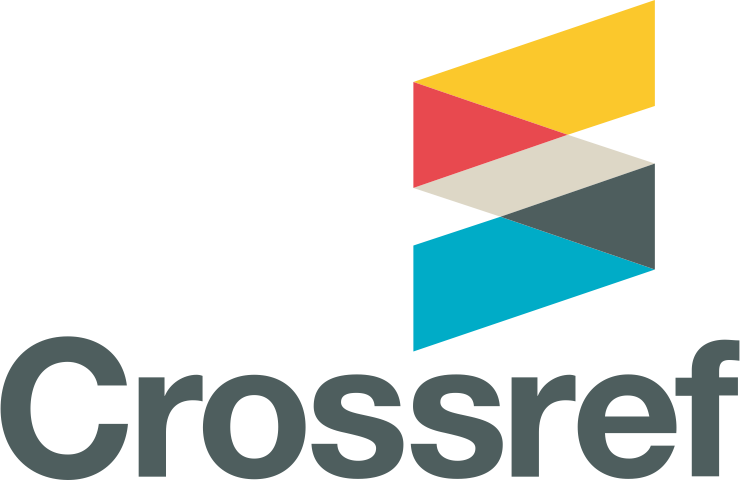A Good Relative Percentage Increase (RPI) of Variant Job Scheduling Using Artificial Bee Colony (ABC)
DOI:
https://doi.org/10.33633/jais.v7i1.5989Abstract
Artificial Bee Colony (ABC) which is a development of the intelligent swarm model and is a branch of artificial intelligence based on self-organization systems. Artificial Bee Colony (ABC) is an intelligent algorithm that is inspired by the food search process carried out by bees. This is like what is done when there are many jobs that need to find the optimal value, where each job to be processed has a specific route of operations to be performed on a set of machines, and a different flow shop and variant: all jobs follow the same machine sequences. We will focus on the latter. In this study, ABC is implemented to optimize work scheduling, in this case 7 different variations are used with mxn values between 10x3 to 40x15 on 10 to 40 jobs. To evaluate the results, the Relative Percentage Increase (RPI) has been used in the test with an achievement range between 1.9 to 18.9.References
T. Meng, Q. K. Pan, and H. Y. Sang, “A hybrid artificial bee colony algorithm for a flexible job shop scheduling problem with overlapping in operations,” Int. J. Prod. Res., vol. 56, no. 16, pp. 5278–5292, 2018.
M. Shahgholi Zadeh, Y. Katebi, and A. Doniavi, “A heuristic model for dynamic flexible job shop scheduling problem considering variable processing times,” Int. J. Prod. Res., vol. 57, no. 10, pp. 3020–3035, 2019.
G. Gong, R. Chiong, Q. Deng, and X. Gong, “A hybrid artificial bee colony algorithm for flexible job shop scheduling with worker flexibility,” Int. J. Prod. Res., vol. 58, no. 14, pp. 4406–4420, 2020.
X. Long et al., “Research on job-shop scheduling problem based on bee colony algorithm,” J. Phys. Conf. Ser., vol. 2033, no. 1, 2021.
Y. Li, W. Huang, R. Wu, and K. Guo, “An improved artificial bee colony algorithm for solving multi-objective low-carbon flexible job shop scheduling problem,” Appl. Soft Comput. J., vol. 95, p. 106544, 2020.
Z. J, S. Z.H., and C. C., “An Improved Whale Optimization Algorithm for Job-Shop Scheduling Based on Quantum,” Int j simul Model, vol. 18, pp. 521–530, 2019.
T. K. Dao, T. S. Pan, T. T. Nguyen, and J. S. Pan, “Parallel bat algorithm for optimizing makespan in job shop scheduling problems,” J. Intell. Manuf., vol. 29, no. 2, pp. 451–462, 2018.
N. Xie and N. Chen, “Flexible job shop scheduling problem with interval grey processing time,” Appl. Soft Comput. J., vol. 70, pp. 513–524, 2018.
J. Sassi, I. Alaya, P. Borne, and M. Tagina, “A decomposition-based artificial bee colony algorithm for the multi-objective flexible jobshop scheduling problem,” Eng. Optim., vol. 54, no. 3, pp. 524–538, 2022.
R. Wu, Y. Li, S. Guo, and W. Xu, “Solving the dual-resource constrained flexible job shop scheduling problem with learning effect by a hybrid genetic algorithm,” Adv. Mech. Eng., vol. 10, no. 10, pp. 1–14, 2018.
S. Sundar, P. N. Suganthan, C. T. Jin, C. T. Xiang, and C. C. Soon, “A hybrid artificial bee colony algorithm for the job-shop scheduling problem with no-wait constraint,” Soft Comput., vol. 21, no. 5, pp. 1193–1202, 2017.
X. Li, S. Xiao, C. Wang, and J. Yi, “Mathematical modeling and a discrete artificial bee colony algorithm for the welding shop scheduling problem,” Memetic Comput., vol. 11, no. 4, pp. 371–389, 2019.
N. Sharma, H. Sharma, and A. Sharma, “Beer froth artificial bee colony algorithm for job-shop scheduling problem,” Appl. Soft Comput. J., vol. 68, pp. 507–524, 2018.
K. Peng, Q. Pan, and B. Zhang, “An improved artificial bee colony algorithm for steelmaking–refining–continuous casting scheduling problem,” Chinese J. Chem. Eng., vol. 26, no. 8, pp. 1727–1735, 2018.
D. Gong, Y. Han, and J. Sun, “A novel hybrid multi-objective artificial bee colony algorithm for blocking lot-streaming flow shop scheduling problems,” Knowledge-Based Syst., vol. 148, pp. 115–130, 2018.
J. Xie, L. Gao, Q. K. Pan, and M. Fatih Tasgetiren, “An effective multi-objective artificial bee colony algorithm for energy efficient distributed job shop scheduling,” Procedia Manuf., vol. 39, no. 2019, pp. 1194–1203, 2019.
X. Long, J. Zhang, K. Zhou, and T. Jin, “Dynamic Self-Learning Artificial Bee Colony Optimization Job Insertion,” processes, vol. 10, pp. 1–22, 2022.
Downloads
Published
Issue
Section
License
- Authors retain copyright and grant the journal right of first publication with the work simultaneously licensed under a Creative Commons Attribution License that allows others to share the work with an acknowledgment of the work's authorship and initial publication in this journal.
- Authors are able to enter into separate, additional contractual arrangements for the non-exclusive distribution of the journal's published version of the work (e.g., post it to an institutional repository or publish it in a book), with an acknowledgment of its initial publication in this journal.
- Authors are permitted and encouraged to post their work online (e.g., in institutional repositories or on their website) prior to and during the submission process, as it can lead to productive exchanges, as well as earlier and greater citation of published work (See The Effect of Open Access).









